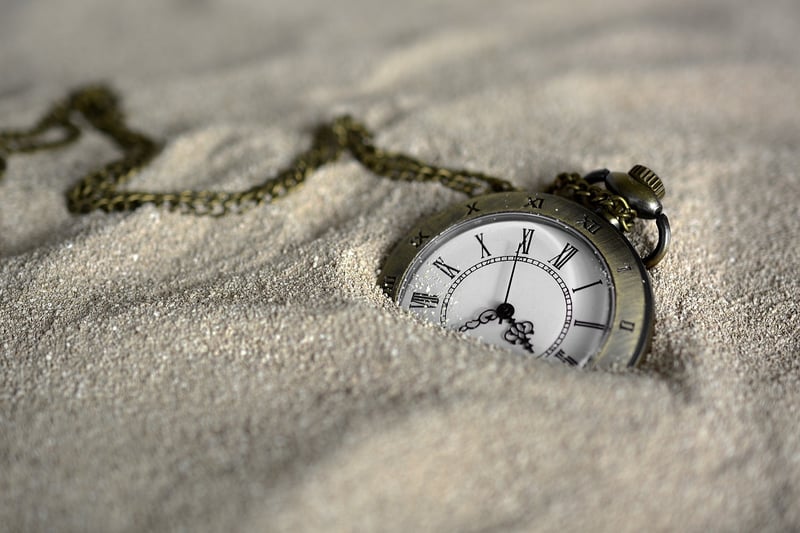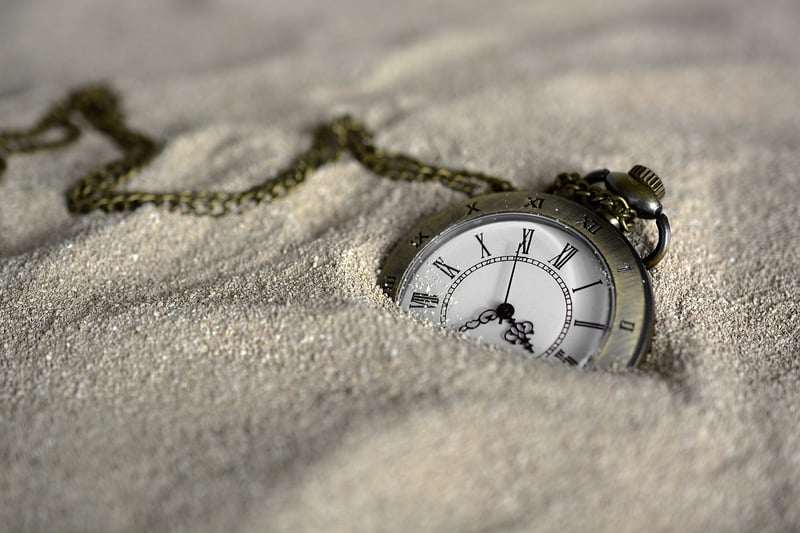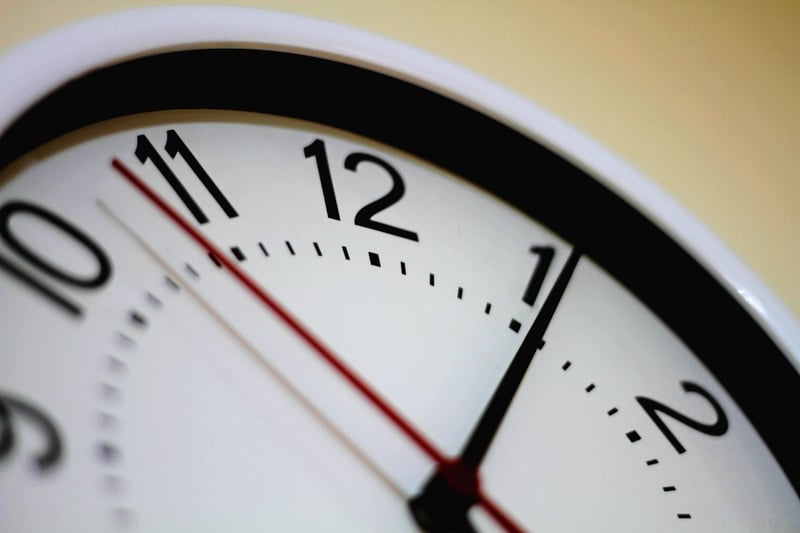Altering Timelines
Moral Dilemmas in Time Travel and Altering Timelines
Time travel has captured the imagination of people for centuries, but along with the excitement of changing the past or visiting the future comes a host of moral dilemmas. The ability to alter timelines raises profound questions about responsibility, ethics, and the impact of our choices. Let's delve into some of the moral complexities that arise when engaging with the concept of time travel.
The Butterfly Effect
One of the most famous theories associated with time travel is the "Butterfly Effect," which posits that even small changes in the past can have significant and unforeseen consequences in the future. This raises the question of whether it is ethical to alter past events, knowing that the repercussions could be catastrophic.

Changing Personal Histories
Imagine being able to go back in time and alter a decision that had a profound impact on your life. While the temptation to rectify past mistakes or change the course of one's life may be strong, the ethical implications of such actions are significant. Would altering the past rob you of the lessons learned from those experiences?

Ethical Considerations
When it comes to altering timelines, questions of morality abound. Should we intervene in historical events to prevent tragedies, or is it more ethical to let history unfold as it did? At what point does the desire to change the past become selfish or even dangerous?
Key Considerations:
- The impact on future generations
- The preservation of free will
- The potential for unintended consequences
Conclusion
As we ponder the moral dilemmas of time travel and altering timelines, it becomes clear that the power to change the past carries great responsibility. While the allure of rewriting history may be strong, we must carefully consider the ethical implications of our actions and the potential consequences of tampering with the fabric of time.
Remember, with great power comes great responsibility.
